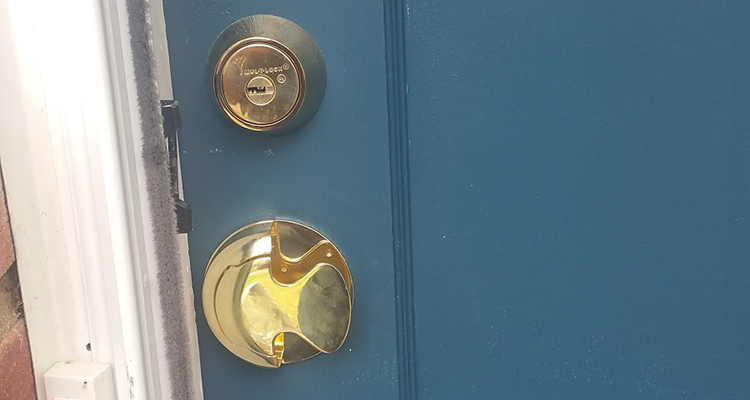The Whine Guy Uncorks The Truth About Why To Both Sell and *Buy* QUALITY.
 So let me start off by saying that the idea for this blog came to me via Twitter. An #AVTweep took umbrage with the way I reacted to my wine experience in my last blog, “The Difference.” We had a brief tweet-versation about it online that culminated in him recommending that I call myself out on the carpet in a blog. So here it is #AVTweep! You should be proud!
So let me start off by saying that the idea for this blog came to me via Twitter. An #AVTweep took umbrage with the way I reacted to my wine experience in my last blog, “The Difference.” We had a brief tweet-versation about it online that culminated in him recommending that I call myself out on the carpet in a blog. So here it is #AVTweep! You should be proud!
“Paging Mr. Coxon. Paging Mr. Coxon. Can you please come out to the carpet!”
I agree that I sell quality every day. I sell it with the company that I work for. I sell it in the blogs I write. I sell it in the recommendations I make to InfoComm on how to improve. I sell it to my kids at the dinner table every night when I hopefully lead them toward becoming quality human beings. I am a lover of quality.
So the question then is: Do quality and price always go hand in hand? The reason I ask this is that I was told by this #AVTweep that I shouldn’t expect the company to care about an $11 customer (the cost of the wine I purchased). I inferred that he meant that I shouldn’t expect quality at that price.
I would argue that if you produce an $11 product, you will have a lot of $11 customers, unless you sell to them multiple times. That point aside, even if you should not have an unrealistic expectation of the products objective quality, you still have an expectation of the value you will receive from it.
I was accused of knowing little about aged wine, and I’ll admit, I am no sommelier. The point that this wine was not aged is besides the point. The point is that as consumers, we compare our product and service experiences. This is how we come to our ideas about the value of what we consume.
“When the utility of the product or service EXCEEDS the price you paid for it, you have received value.”
If we find ourselves in a situation where the actual product experience doesn’t live up to the expectation, then we are disappointed in that experience… regardless of the cost.
We then ask ourselves if our expectations were irrational to begin with. We compare the experience to others in the same price range to make sure we are being realistic. If we are, we then try to identify whether the experience we had was normal for this product or service or if somehow what we experienced was an anomaly.
If we find our sub-par experience was atypical, we typically give the company another shot, and if they come up short again, then we form real opinions on that company and its products and services.
This is true for every industry.
So, if I came off as “whiny”, I apologize to the #AVTweeps out there. The blog was not supposed to be about complaining, but more an anecdote on how you approach a sale and a customer.
You should always be identifying what THEY believe the value proposition is, and not selling what YOU think they should buy. Remember that the customer has an idea of what they want. Some of that may be specific to the parts and pieces, speeds and feeds, etc. But another part of that is the overall experience of using the product and of working with your AV integration company.
If you address the former, giving the client what they asked for, you may find them complaining. The question of “Well, what did you expect for the price you paid?” is a question that usually follows. I would argue that asking that question UP FRONT puts you and the customer in a position that means it will never be asked at the end.





